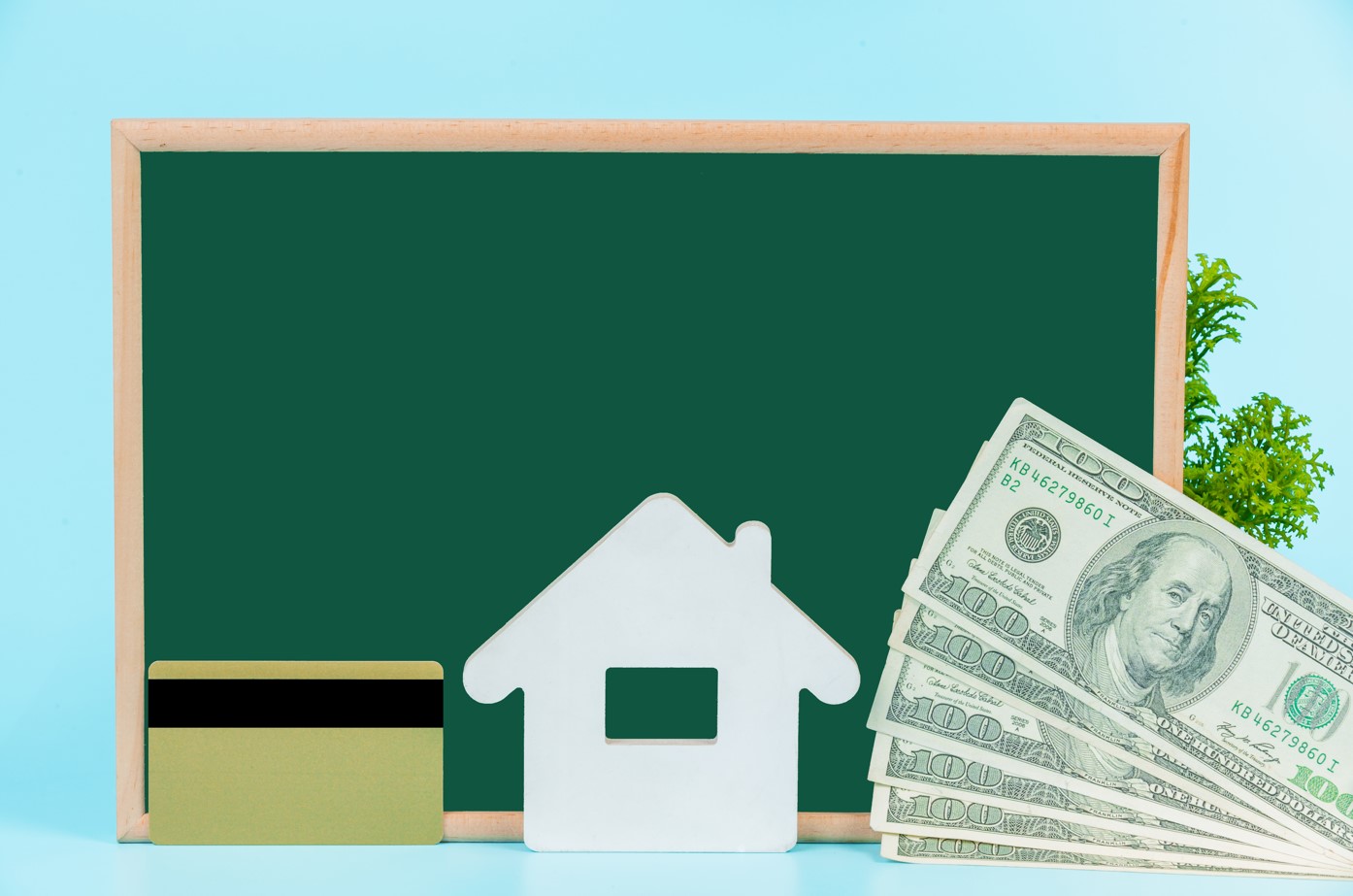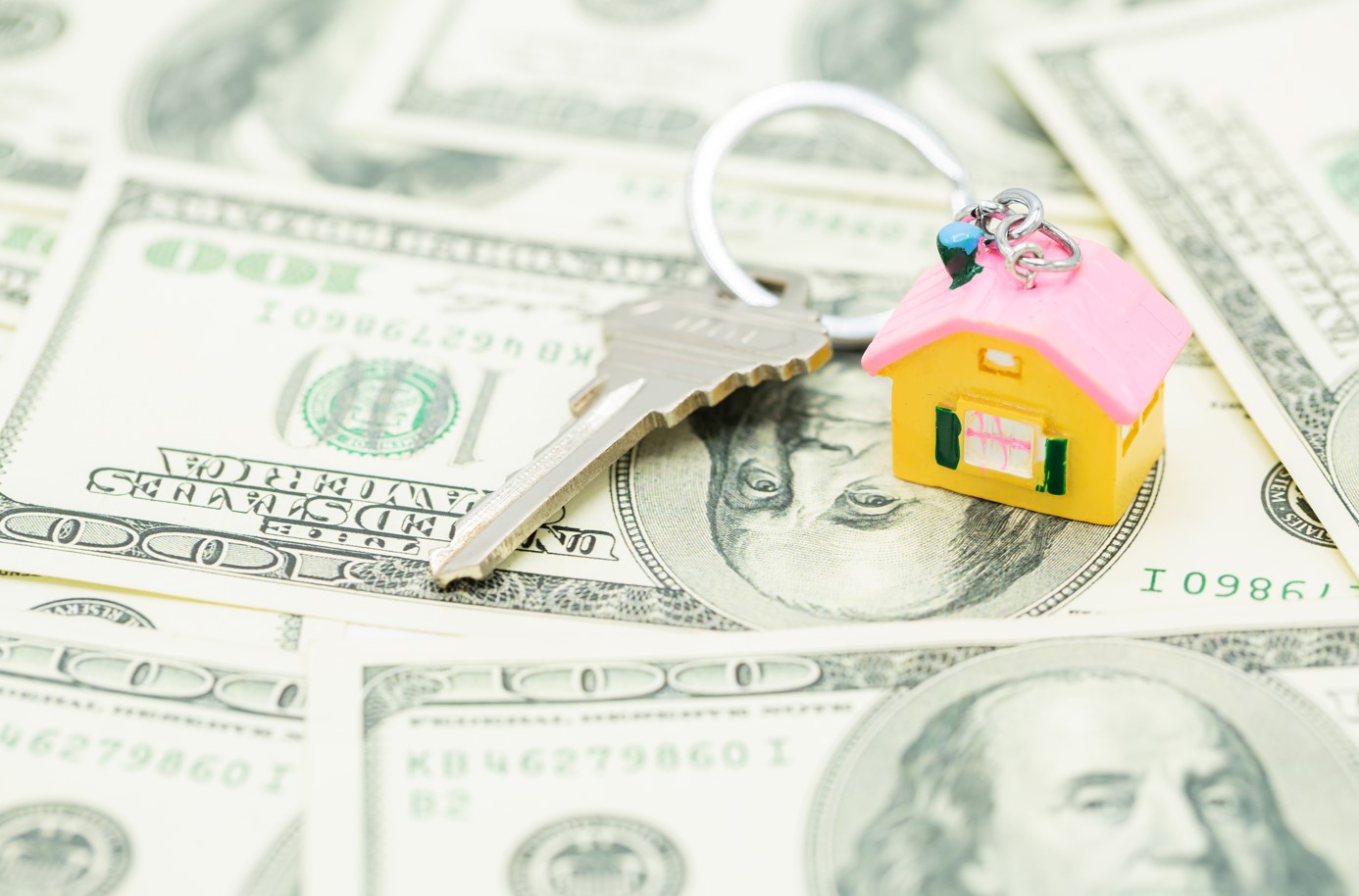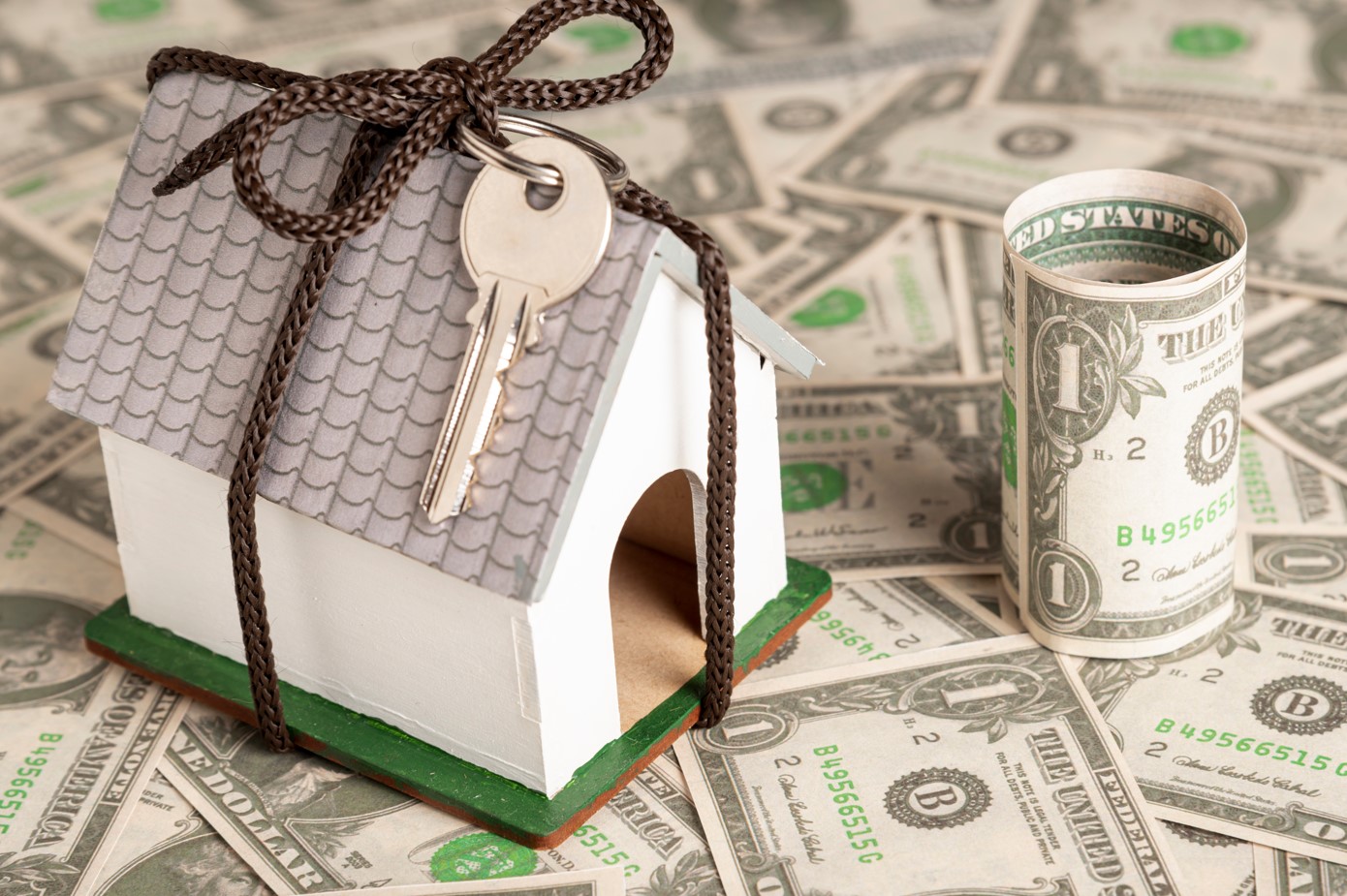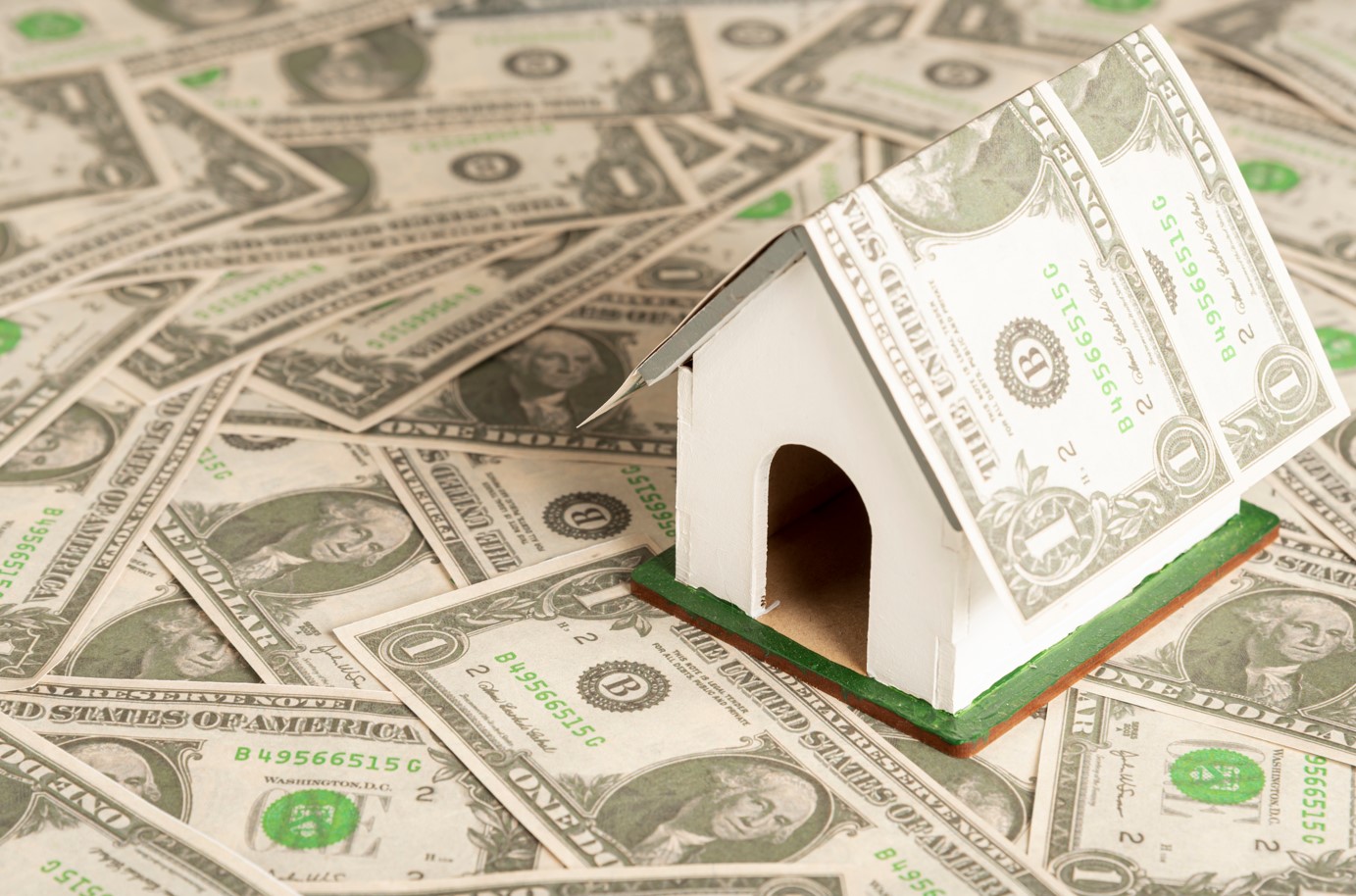What No One is Talking About:
Right when you decided to sell your home, you must have asked yourself about the equity you need in order to sell your home. That is a valid question, as you don’t want to be in a challenging position; after all, it would help if you covered many expenses before buying a new house. Therefore, evaluating and asking this question for your benefit is necessary.
Your house is your biggest asset, and you may have spent a considerable sum to make it worthy and beautiful. When you try to sell it, you don’t want to face any uncertainty affecting your home’s sale or the profit.
After assessing your situation, you must be able to decide whether or not to sell your home.

If you assess everything beforehand, it will suit your financial position.
So, if you’re thinking about selling your house, there is no shame in knowing the amount of equity that you should have in your home before selling. Asking questions signifies that you are serious about the sale, and that you want to see if having equity is essential.
The Importance of Equity Prior to Selling a House
When selling your home, equity is the difference between what your home is worth and what you still owe on your mortgage. If you have a lot of equity, you may be able to sell your home without bringing any money to the closing table. But if you have little or no equity, you may need to get cash to the closing table to sell your home.
Equity can also affect how much money you’ll make from the sale. Keeping this in mind, it is evident that equity is financially helpful when you sell the house; this is how you can become cost-effective while you sell your house.
The importance of equity is evident, and every person who thinks of selling must know how much equity they have in their home. Moreover, it can cover costs that you would, otherwise, have to pay yourself if you didn’t have equity.

Meanwhile, things like the mortgage, home improvement, and the time you’ve lived in the house also affect the home equity. It would be best if you worked on all these aspects of selling a home to earn more equity. There are many ways to make home improvements and enhance home equity.
Recent data from Bankrate indicates that most homeowners do not have enough home equity to cover the cost of buying, closing, and moving until they’ve been in their home for around five years.
Equity and its Essential Before Selling a House
It can be surprising for the homeowner to know that equity can significantly impact the sale of their house. The equity in a home relates to the part of the home’s value that the owner holds.
For example, if a home is worth $400,000 and the homeowner owes $200,000 on the mortgage, the homeowner has $200,000 in equity.

If you’re selling your home, you may wonder how equity will affect the sale process. You can use equity to cover closing costs, or to make a down payment on a new home.
If you have a lot of equity, you may be able to sell your home without having to worry about things like closing costs and others.
However, if you have little or no equity, you may need to consider other options, such as finding a cash buyer, or you could sell your house through a short sale.
What’s left over is what you can use as a down payment for a new home or for other purposes.

The equation is straightforward: what’s left over is equity. You could risk destroying this equity if you cannot make the proper repairs to sell the house. Moreover, you can enhance your house’s curb appeal or add a deck or patio to increase your home equity.
Is it a Must to Have Equity to Sell a House?
It is not necessary to have equity to make the sale possible. However, the lack of equity might cause you trouble; you would be responsible for the outstanding balance if the sale price fails to cover the mortgage. Consequently, you would have to pay off that remaining portion.
It would be best to thoroughly inspect the house’s condition when you move in, so you know what is working and what is defective, as well as ensuring that all appliances and fixtures remain in place after moving. Likewise, the more equity in your home, the better it is for you.
Although one cannot deny the importance of equity, if your house doesn’t have it, it does not mean your house won’t sell. Therefore, selling a house with equity is much simpler; you won’t have to pay off the mortgage, and you might even have money left over from the sale.
In short, it’s important to keep in mind that if you bring nothing to the table, you won’t have any money left over after your house sells.
How to Sell Without Equity:
The best way to sell your house without equity is to find a home-buyer willing to pay you what you owe on the mortgage. It’s not a return on your investment, but it is the least amount of money you will lose, and you can quickly get rid of the property.
Before you sell your home to a listing agent, talk to buyers directly and explain your situation. They are better at this job and have the know-how to sell and buy a house.
Making the jump to your new home can be daunting, but saving enough to cover your mortgage, moving costs, and other associated expenses is important. This could mean putting down a deposit on your property, or borrowing money against your current assets.

The equity you need to sell your home depends on your goals. If downsizing is one of your goals, you might not require as much cash for a down payment on your new home.
Start saving now if you’re renting a house and working towards buying a home. Buying a home is daunting if you’re already paying rent and mortgage. On the other hand, if you’re getting a larger home, you might require more equity.
Following these simple guidelines can put your extra money to great use. Some options include using it to cover a down payment on a home, contributing more to your retirement account, or even starting renovations on your new home immediately.
You can determine the amount of equity that is needed to sell the house. However, you must know why you are selling;
If you need to downsize and move to a smaller home, you may not need any equity. You may sell it for a lesser price since you are in urgency.
Homeowners can build wealth through home equity, but they must be strategic. Home equity is the portion of the value of your home that you own outright; it’s the difference between what your home is worth and what you still owe on your mortgage. You can grow your home equity by making mortgage payments and increasing your home’s value.
What Portion of the Equity is a Must Before I Sell My House?
If you’re considering selling your home, you may wonder how much equity you should have before putting it on the market. The answer depends on several factors, including financial goals and the current housing market.
However, as a general rule, in order for you to gain top dollar for your property, you should aim to have at least 20% equity in your house before selling. You can also work with home investors to inform you about the process and pay you the highest possible price.
Home investors can offer a quick and easy sale, and they may even be able to help you stay in your home as a renter. However, it’s essential to understand the equity situation before you make any decisions. Keep reading to learn more about home investors and equity.
Additionally, home investors are always looking for ways to increase the value of their property portfolio, this can done by increasing the equity in their houses. Benefits of working with a home investor, you will be in a stronger position; they will guide you through everything about home equity.
How to Use Home Equity?
While debating the ways to finance your retirement, consider using home equity. You can use home equity to take out a loan or line of credit, giving you the extra cash you need for retirement. You must assess the merits and demerits before taking out a home equity loan, as it causes trouble if you fail to make payments.
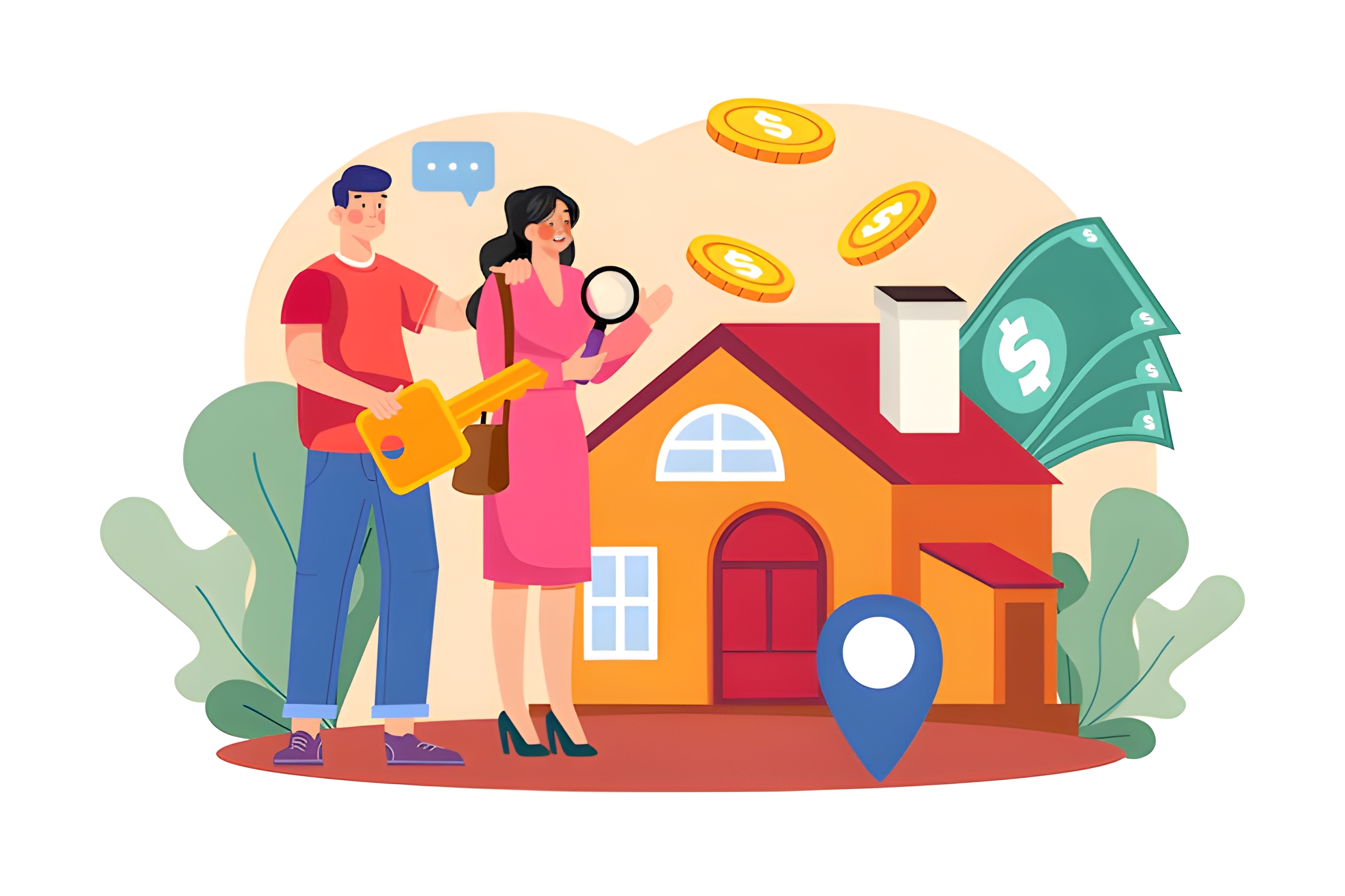
Conclusion
Calculating equity while selling a house is a great responsibility, and, as a precaution, it would help if you had a general idea. Taking the advice from real estate experts can put you at ease when it comes to selling your house. And so, for a seller, knowing all the aspects of selling a house with equity is crucial.
At Selling.House, we take full responsibility for assisting you. If your home lacks equity, we will buy your house as-is; this will be a favourable position for both parties.
Reach out to us today! At Selling.House, our real estate experts are knowledgeable and we’re more than happy to help you throughout the selling process!



